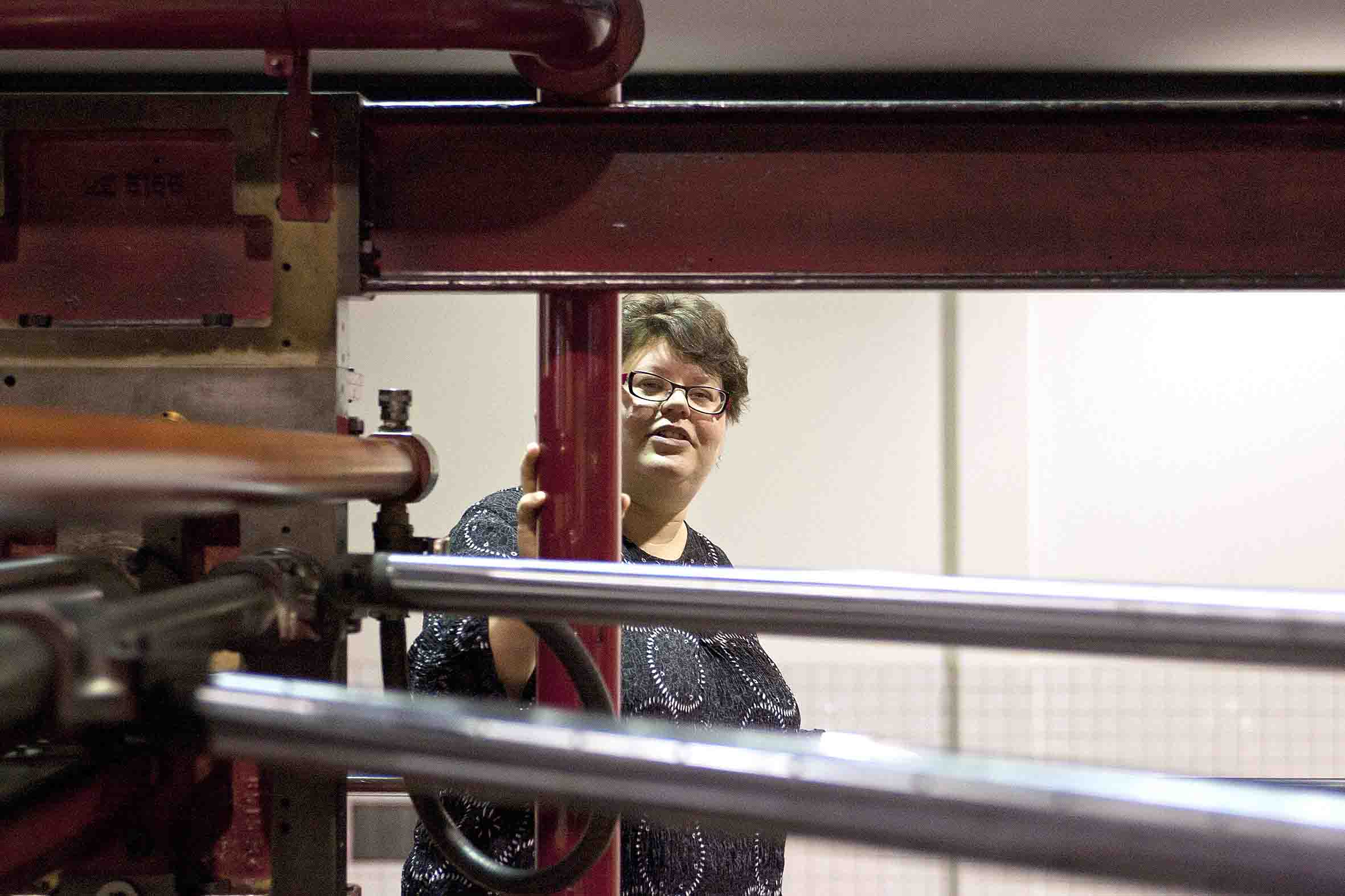Erja Hyytiäinen, the employee representative at the Turun Sanomat
newspaper in Turku has given up. After 15 years as a journalist she is
stepping down as the local editor to take up a job with the University
of Turku communications office. Five wage negotiations since 2009 has
made her tired of low spirits and the lack of a belief in the
future.
If the current round of negotiations goes the employer’s way, 40
percent of the editorial staff will have disappeared since cuts began.
That means the remaining staff will have to work much harder than they
do now to compensate for those who have been made redundant. There will
be no more lunch or afternoon coffee breaks.
“People say journalists are crazy, because no matter what happens
they just work even more,” says Erja Hyytiäinen.
Grim prospects
This time around 50 jobs are going, leaving 50 people unemployed
with grim job prospects. Just one of them has found new employment at
Finland’s national public-broadcasting company Yle. The rest are either
unemployed or have taken early retirement.
“I don’t know of anyone who has found jobs elsewhere. Some write a
story or two a month on a freelance basis.
The newspaper owner is not particularly short on money. Its profits
stood at 15.6 percent at the end of last year. The newspaper is doing
well, in other words, but the printing part of the business is having a
negative impact on the final results.
“You wonder how much profit is considered to be enough,” says Erja
Hyytiäinen.
Like the paper industry
News about redundancies has been plentiful in the past six months.
According to legal expert Jussi Salokangas at the Union of Journalists
in Finland, there have been 30 notifications of redundancies so far,
affecting more than 500 people. 850 jobs have disappeared since 2009,
not counting limited contracts coming to an end or early
retirements.
The downhill slide is about the same as in the paper industry,
another trade in crisis with little belief in the future.
700 of the union’s 9,000 members are now unemployed. 850 are
studying and 1,650 work freelance. The union wonders why profitable
companies keep reducing their workforces.
“We think they are taking action without having any idea of what
this will lead to. They are panicking,” says ombudsman Juha Rekola at
the Union of Journalists in Finland. He is worried the cuts will lead
the media companies into a downward spiral where lower quality content
leads to lower sales.
“We should think about what role the journalist is playing rather
than creating growth for the owners.”





